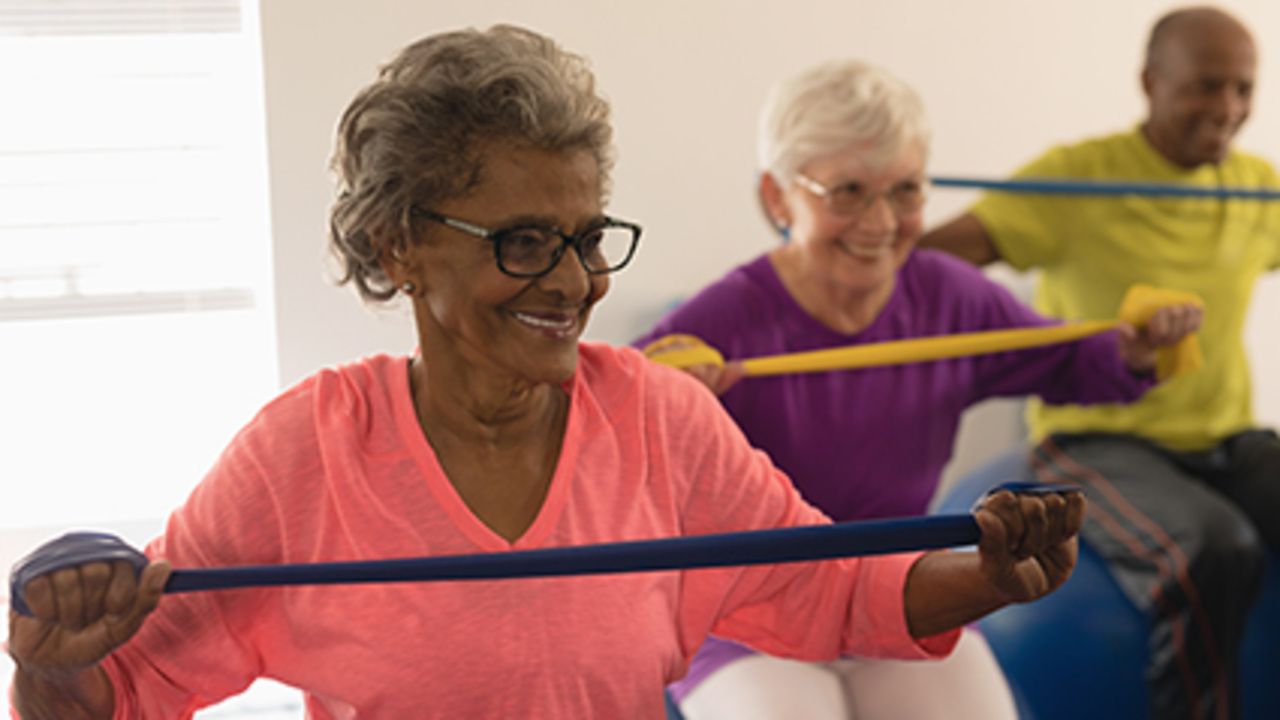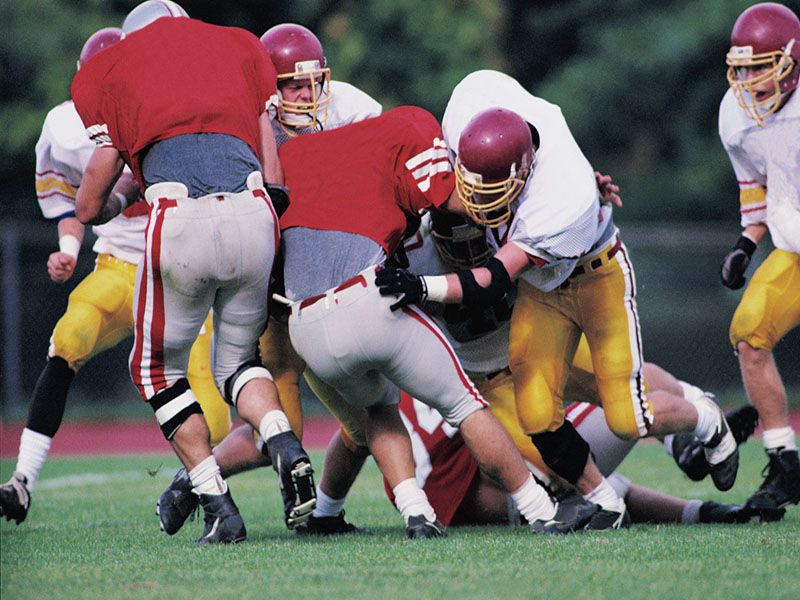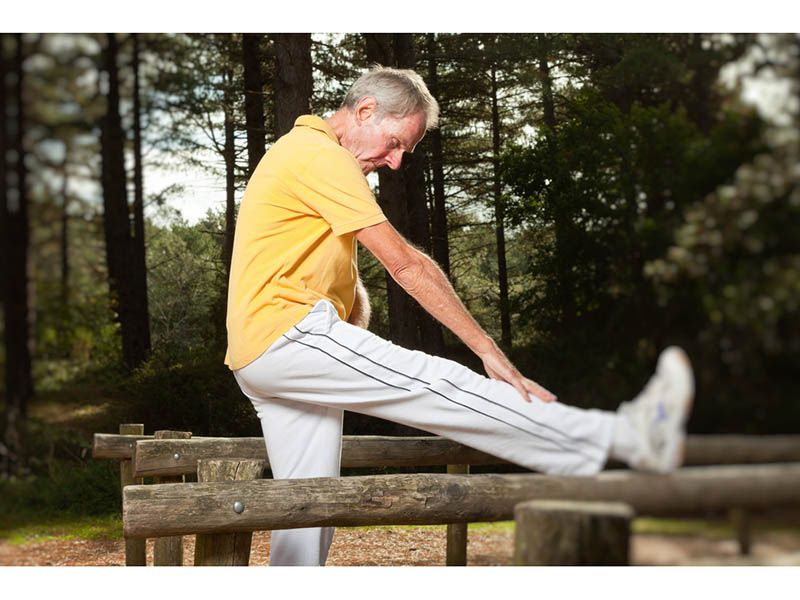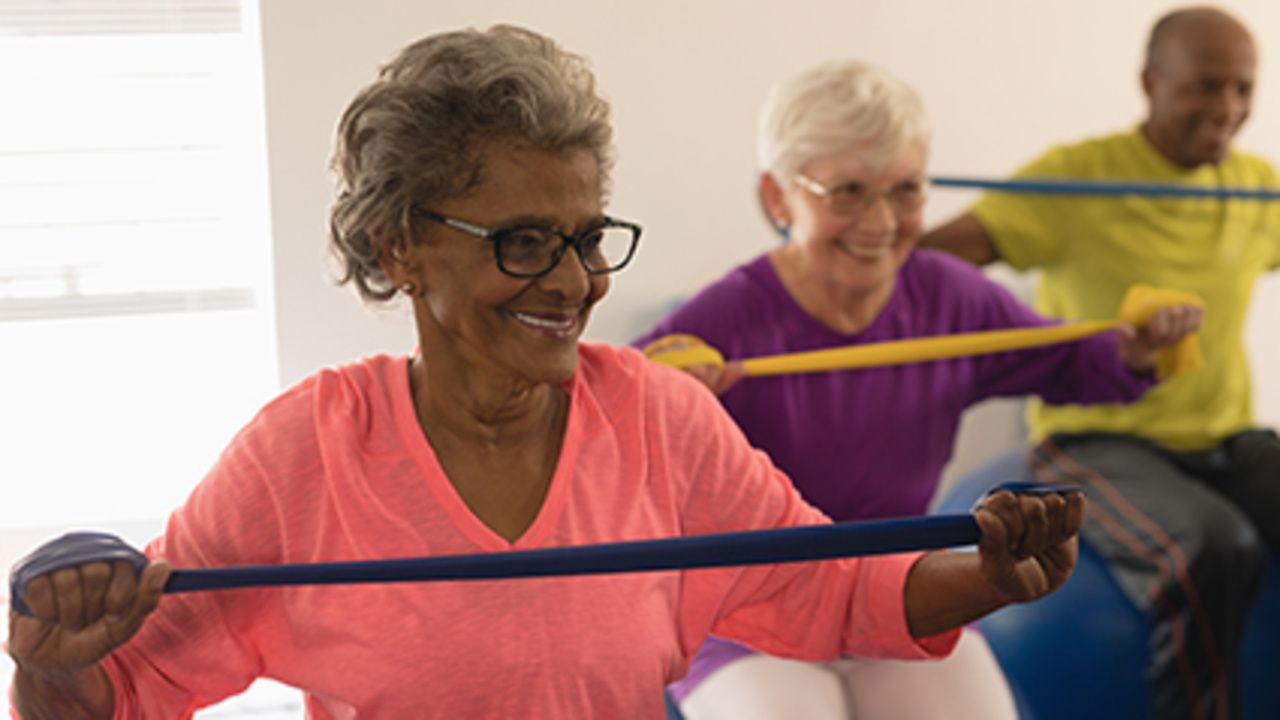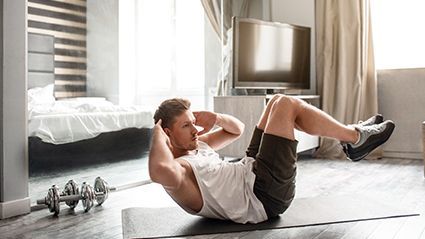
Heart attack patients are less likely to die on the spot if they have been physically active, according to a new study. Researchers analyzed data from more than 28,000 people in Europe who suffered a heart attack in order to see how active or more ‘couch potato’ lifestyles affected their risk of death. They found… read on > read on >











